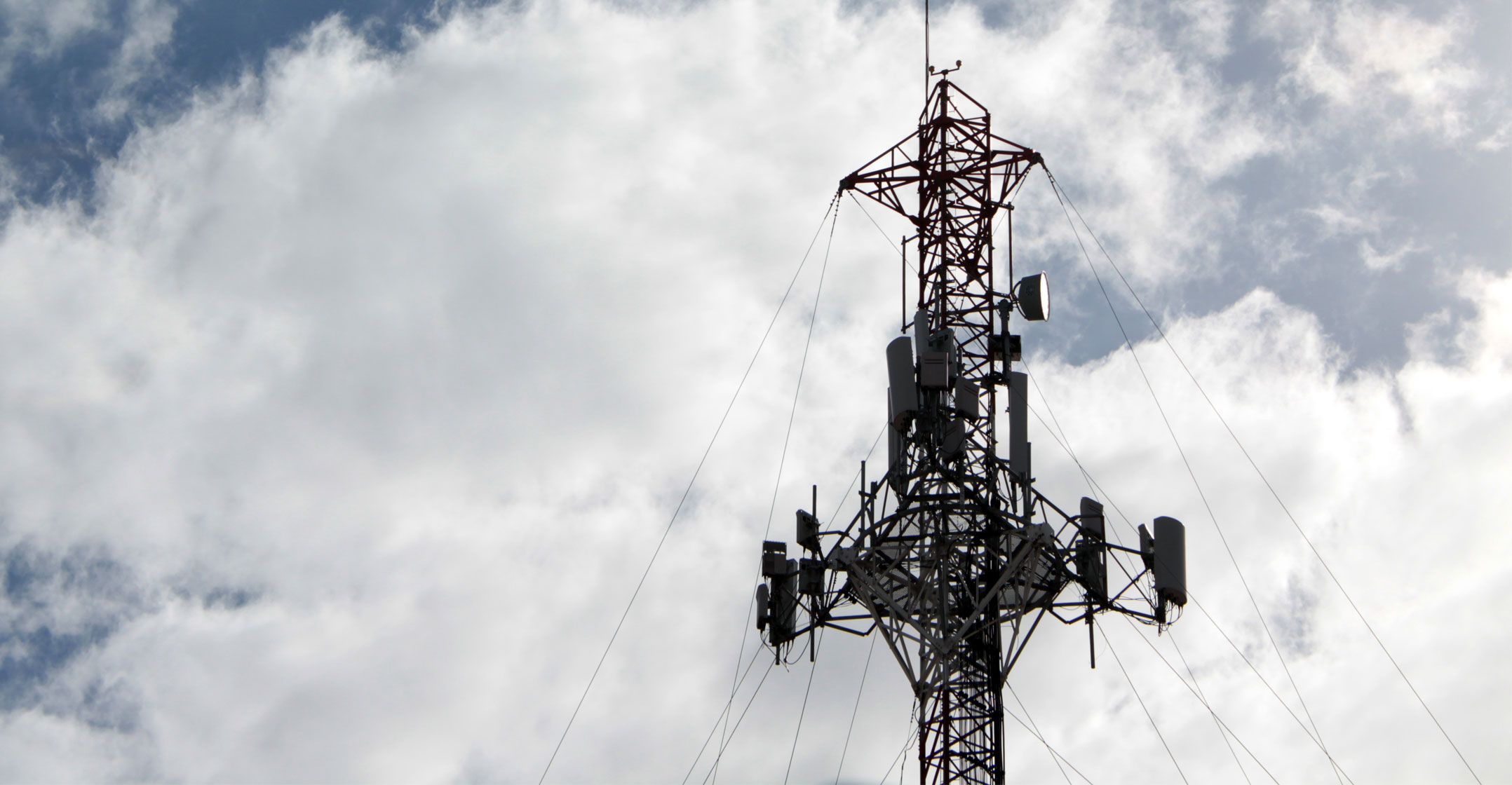
The GSMA has blasted the wholesale open-access network (Woan) model favoured by the South African government for the mobile industry, saying network competition has a proven track record in delivering growth and innovation and warning that government’s plans could irreparably harm the industry.
The association, which represents most of the world’s mobile network operators, said on Thursday that a new report it has commissioned has found that creating a single wholesale network will be a big mistake. The report examines the Woan models proposed in Kenya, Mexico, Russia, Rwanda and South Africa.
The South African government had earlier proposed that all future “high-demand” spectrum – which can be used to build 4G networks – be reserved for the exclusive use of a Woan. But government has since backtracked on this to some extent, commissioning the CSIR to conduct a study to determine how much spectrum the Woan would need, with any remaining spectrum allocated to commercial operators. The plan, contained in the national integrated ICT policy white paper published last October, has drawn sharp criticism from the big operators, including MTN and Vodacom.
“Policymakers in countries considering a move to a Woan for 4G services may believe they can achieve greater network coverage compared with models that rely on network competition. However, the research published today demonstrates that this is not the case,” said GSMA chief regulatory officer John Giusti in a statement.
“We have found that network competition produces faster and more extensive network coverage, and the examples highlighted in the report indicate little evidence that a Woan is likely to achieve this.”
The GSMA said policy makers have for decades favoured a competitive network structure, licensing network usage to a limited number of competing mobile network operators, usually under private ownership. “This approach has resulted in unprecedented growth and innovation in mobile services; the industry has already connected more than five billion people globally, including 3.8bn people in developing countries, providing access to tools and applications that address a wide range of socioeconomic challenges,” the organisation said.

“To expand network coverage, mobile operators are already looking at ways to balance competition with co-operation in infrastructure investment by entering voluntarily into infrastructure sharing agreements,” said Giusti.
“They are also exploring new business models with third parties to share the cost and risk of investment in rural and remote locations. The benefits of network competition go well beyond coverage; innovation is a key driver of consumer value at the national level, and this occurs where there is competition amongst networks as well as in the delivery of services and the launch of devices in a market.
“We are concerned that a move to wholesale networks will harm consumers, as history has demonstrated that network monopolies normally result in high prices and lower investment in infrastructure. With this in mind, we call upon governments looking to implement a Woan to instead support the ability of mobile operators to enter into infrastructure-sharing agreements on a voluntary basis and consider how they can apply market-friendly spectrum assignment methods to maximise coverage, using appropriate spectrum licence conditions to extend mobile services to underserved areas.”
In the report, which is available online (PDF), the GSMA said the South African government’s consortium-based Woan plans outlined in the white paper go further than other countries by proposing that all spectrum bands be reserved for the wholesale network operator.
“The consortium approach is not dissimilar to what has been proposed or implemented in other countries, but suggests a much larger scale,” the report said.
“Irrespective of its motives, the government is putting a lot of faith in an unproven model. The repercussions, if the project goes ahead, could be irreversible and result in a negative impact to the country’s economy.”
The report found that a better approach would be for government, the regulator Icasa and mobile operators to collaborate on long-term solutions, which could include cost-effective access to low-frequency spectrum (below 900MHz) and support for all forms of voluntary infrastructure sharing. — © 2017 NewsCentral Media

